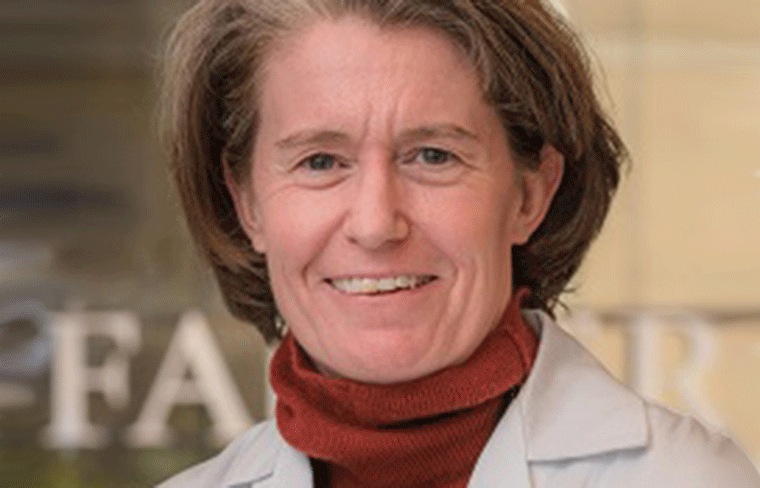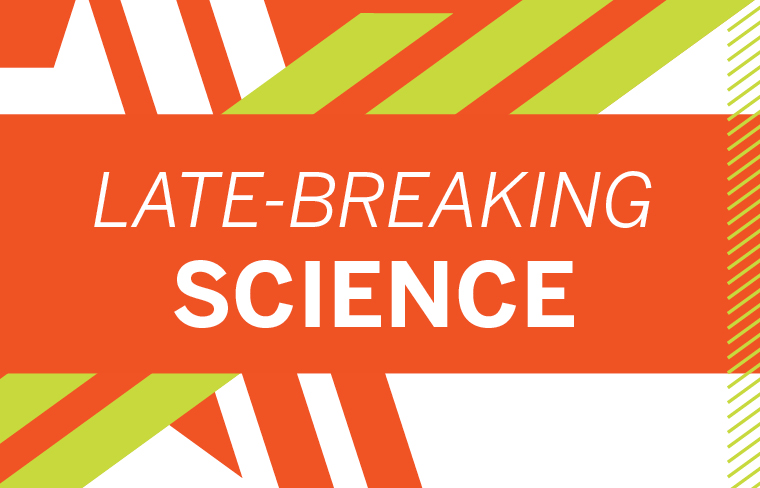Issue 3
-
SABCS continues today with world-class science and a ‘can’t miss’ networking opportunity
Day three of SABCS 20 kicks off this morning with General Session 3, featuring abstract presentations covering some of the latest results in cancer research along with commentaries from expert discussants, followed by six Spotlight Sessions this afternoon.
-
Plenary Lecture: Dr. Mittendorf addresses ‘knowledge gap’ in local regional therapy after neoadjuvant treatment
In one of two SABCS 20 Plenary Lectures, Elizabeth A. Mittendorf, MD, PhD, discussed local regional therapy considerations after neoadjuvant chemotherapy and summarized some of the key “knowns” and “unknowns” related to the topic.
-
Plenary Lecture: NCI Director updates SABCS attendees on progress during challenging times
Like most major medical conferences planned for 2020, SABCS kicked off in an all-virtual platform. Just as the meeting adapted to these challenging times, so too must cancer research, said Norman E. Sharpless, MD.
-
Basic Science Forum: New findings exploit tumor and immune ecosystem to enhance treatment
Growing understanding of the melanoma microenvironment produced 11 targeted therapies for stage IV melanoma in the past decade. Breast cancer could be ripe for similar advances.
-
Clinical Science Forum: Bringing next generation sequencing into clinical practice
Breast cancer clinicians were among the first cancer specialists to use genetic information to guide treatment. Assessing ER/PR and HER2 positivity has become standard of care in breast cancer.
-
Translational Science Forum I: Speakers examine use of antibody-drug conjugates in BCa
The antibody landscape is shifting. After years of using antibodies as therapeutic agents, they are being re-purposed as targeted vehicles to deliver highly toxic payloads to specific cell surface antigens.
-
Translational Science Forum II: Exploiting mechanisms of response to improve ICI outcomes
Better understanding of how tumor cells respond to immune checkpoint inhibition (ICI) is revealing new approaches to predict and improve treatment response.
-
Updated monarchETrial data shows abemaciclib continues to benefit patients with high-risk, HR-positive, HER2-negative, early-stage breast cancer
Extended follow-up data from the phase III monarchE trial showed that adding the CDK inhibitor abemaciclib to standard adjuvant endocrine therapy continued to improve invasive disease-free survival among patients with high-risk, node-positive, early-stage, HR-positive, HER2-negative breast cancer.
-
Omitting radiation therapy after breast-conserving surgery may not impact 10-year survival rates for older patients with HR-positive breast cancer
Older patients with hormone receptor-positive breast cancer who did not receive radiation therapy after breast-conserving surgery had higher rates of local recurrence but similar 10-year survival rates when compared to patients who received postoperative radiation therapy, according to updated 10-yeardata from the PRIME II study.









